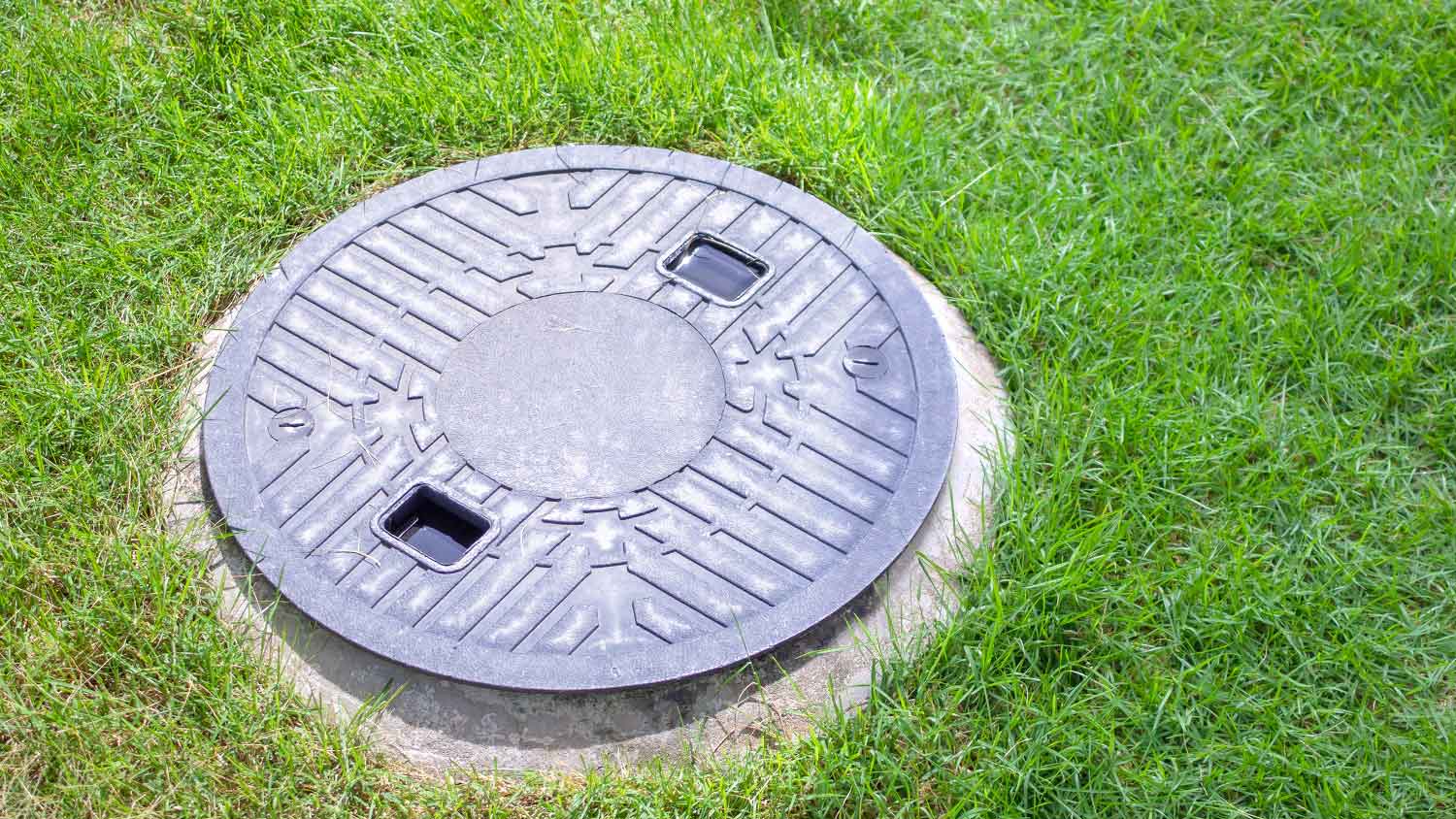
Need to know what sewer line replacement costs in New York, NY? This guide will help you prepare to budget for sewer line replacement done by local contractors.
It’s a dirty job, but somebody’s gotta do it—and it shouldn’t be you


Septic tanks serve a very important purpose for those who live in rural areas or homes built before municipal plumbing systems were installed. They catch and begin to process the wastewater we all produce during our day-to-day lives. However, septic tanks can only do so much, and eventually, they fill up—which means someone has to empty them. You can rely on a local septic pro to help.
Septic professionals have the industrial-grade equipment required to empty solid and liquid waste from your septic tank, including the heavy-duty septic vacuum truck that will both pull the waste from your tank and transport it to a treatment facility. Septic tanks contain human waste, so they are a biohazard. In many cases, states and cities actually have laws allowing only licensed professionals to pump and haul septic waste.
Additionally, hiring a professional means you’ll keep your hands clean of this extremely dirty job. Most septic tanks hold between 1,000 and 1,500 gallons of wastewater, including the stuff you flush down the toilet. Chances are you don’t want to get anywhere near that mess. Your local septic tank company can also perform an accurate septic inspection of your tank and ensure it’s doing its job properly, which can help you get ahead of major maintenance items and unpleasant odors.
While it’s technically within the realm of possibility to DIY such a task given you have the right kind of equipment, you definitely shouldn’t unless you also happen to be a septic professional. In many cities and states, environmental departments govern who is allowed to transport hazardous human waste. Even if your area doesn’t have such legislation, the project is logistically very difficult and requires specialized trucks, tanks, hoses, and pumps.
Long story short, do not try to pump your own septic tank. Doing so could expose you to health hazards from sewage, cause damage to your tank, and even put you in legal trouble.
Pumping your septic tank every three to five years is one of the most important septic maintenance tasks. When you combine that with flushing only approved items (toilet paper and waste) and avoiding driving over your drain field, you have a recipe for a long-lasting septic system.

Plumbers have a lot of useful skills, but septic tank pumping should be left to sewage and septic professionals. The job requires specialized equipment and tools, including unique protective equipment and a vacuum truck, that your everyday plumber doesn’t have. On top of that, septic tank cleaners carry specific licenses to allow them to haul waste to treatment plants.
Your septic pumping service will involve professionals, likely dressed in protective gear, using large hoses and pumps to pull the wastewater from your septic tank into the tank on the septic hauling truck, often called a vacuum truck. The truck will then safely transport the solid and liquid waste to a treatment center where it can be fully processed, and your septic tank will be fresh and clean—and ready to service your home for another three to five years.
From average costs to expert advice, get all the answers you need to get your job done.

Need to know what sewer line replacement costs in New York, NY? This guide will help you prepare to budget for sewer line replacement done by local contractors.

Need to know what sewer line replacement costs in Austin, TX? This guide will help you prepare to budget for sewer line replacement done by local contractors.

Need to know what sewer line replacement costs in Los Angeles, CA? This guide will help you prepare to budget for sewer line replacement done by local contractors.

If you’re unsure how to fill in a cesspool, we’re here to teach you the ropes, explain the tools, and help you hire a pro if needed.

Wondering if an anaerobic septic system is the right choice for your home? Check out this guide to learn more about how this type of system works.

Follow this guide to learn how to get rid of a cesspool to save some money and transform your home into a more eco-friendly space.